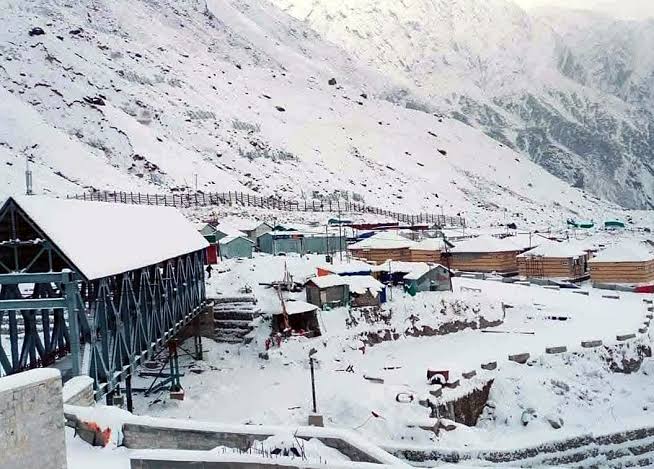The health of India’s soil plays a crucial role in sustaining agricultural productivity, and the government has been actively working to ensure that farmers have access to scientific knowledge about their land. Since the launch of the Soil Health Card (SHC) scheme in 2014-15, significant progress has been made in monitoring and improving soil fertility across the country. So far, over 24.74 crore Soil Health Cards have been generated, providing farmers with valuable insights into soil nutrients and guiding them toward balanced fertilizer use. To support this initiative, ₹1,706.18 crore has been allocated to various states and union territories, enabling widespread implementation.
 A key aspect of this effort is the establishment of soil testing laboratories, which have been instrumental in analyzing soil health and offering recommendations to farmers. Across the country, 8,272 soil testing labs have been set up, including static, mobile, mini, and village-level facilities. These labs ensure that farmers, even in remote areas, can access essential soil testing services to make informed decisions about fertilization and crop selection.
A key aspect of this effort is the establishment of soil testing laboratories, which have been instrumental in analyzing soil health and offering recommendations to farmers. Across the country, 8,272 soil testing labs have been set up, including static, mobile, mini, and village-level facilities. These labs ensure that farmers, even in remote areas, can access essential soil testing services to make informed decisions about fertilization and crop selection.
Recognizing the importance of knowledge dissemination, the Soil and Land Use Survey of India, under the Ministry of Agriculture & Farmers Welfare, has been conducting specialized training programs. These short-term courses educate officials and agricultural professionals on crucial topics such as soil health management, integrated watershed development, and the use of geo-spatial technology for natural resource management. In 2024, training sessions were conducted for officers from West Bengal and the northeastern states, and in 2025, officers from Jammu & Kashmir received similar training. These efforts aim to enhance the expertise of agricultural departments, ensuring that best practices reach farmers at the grassroots level.
At the village level, soil testing has been further strengthened with the establishment of 665 Village-Level Soil Testing Labs across 17 states. Many of these labs have been set up by entrepreneurs and self-help groups, ensuring local accessibility to soil testing services. Though their data is not centrally maintained, their contribution to soil health management is invaluable.
In an effort to promote responsible fertilizer use, the Soil and Land Use Survey of India has also generated 1,987 village-level soil fertility maps for 21 states and union territories. Additionally, detailed soil mapping at a 1:10,000 scale has been completed for approximately 290 lakh hectares, covering 40 aspirational districts. This scientific approach to soil health aims to equip farmers with the knowledge they need to enhance productivity while maintaining long-term soil sustainability.
The Soil Health Card scheme has emerged as a transformative initiative, empowering farmers with the tools to make informed choices for better crop yields and environmental sustainability. As the government continues to expand and refine this program, the goal remains clear—to ensure that India’s farmlands remain fertile, resilient, and capable of supporting generations of farmers in the year to come.




